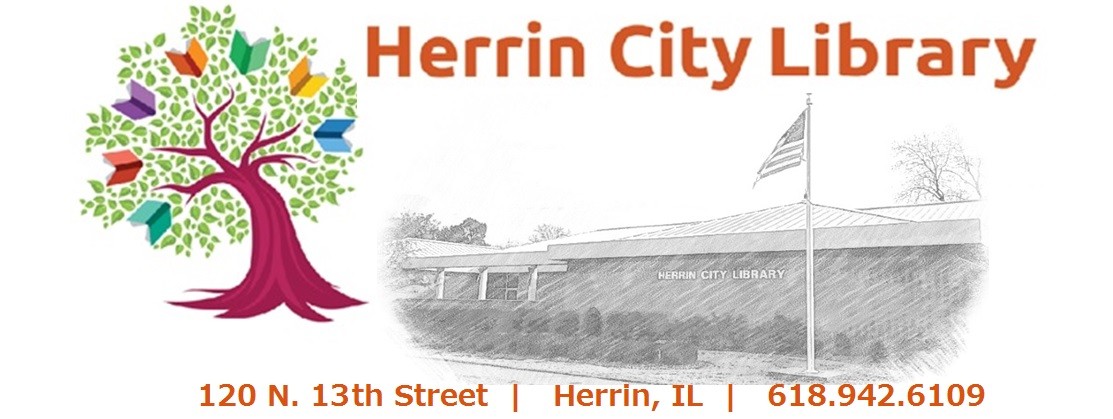Step #1 ~ Find Search Terms
Before you search, make a plan!
A. Identify your concepts
When planning your search, break down your topic into its separate concepts. Let’s say you’re interested in the effects of global warming on crops. In this case, you have two concepts: GLOBAL WARMING and CROPS.
B. Make a list of search terms for each concept
Once you have identified your concepts, list the terms which describe each concept. Some concepts may have only one term, while others may have many.
- global warming
- greenhouse effect
- greenhouse gases
- climate change
- crops
- crop yields
- crop production
- food supply
These lists are a suggestion. Depending on the focus of your search, there may be other terms more suited to what you’re looking for.
C. Work on your topic:
How to narrow or broaden your topic:Example: KEYWORD: NATIVE AMERICANS; RELATED: Indians, Amerinds, North American Indians; BROADENED: Indigenous peoples, North American history; NARROWED: Makah, Nez Perce, Cherokee, Kwakiutl,etc.
D. Keywords:
It will facilitate the research process if you spend time listing your subject keywords. When doing this you need to consider the following:- Spelling variants, eg behaviour / behavior
- Variations of a root word, eg feminism / feminist / feminine
- Single and plural versions of words
- Relevant abbreviations and acronyms, eg EU or EEC for European Union
- Technical terms and jargon, eg Hansard for Parliamentary Debates
- Alternative usage and vocabulary, eg narcotics / drugs, Tories / Conservatives
- Alternative meanings and contexts, eg web, mouse
- Changes in terminology, eg Native Americans / Red Indians, Eskimos / Inuits
- Synonyms
When conducting searches you may also find it necessary to:
- Include more general terms if you do not obtain enough results, eg replace Elgin Marbles with Greek Sculpture
- Include narrower terms if you obtain too many results, eg replace America with United States
- Specifically exclude certain categories, eg Eating disorders, not in females
Research Tips:
Alternate Search Terms Worksheet
- A good tip for beginning research is to have a basic understanding of your concept first.
Try doing some initial researching to get a basic understanding or definition of your topic.
Try using an online encylopedia.
Hint: While searching for a basic definition of your topic, keep a list of similar terms or related words that you may use later in your research.
- Make sure you know your audience. Stick to a certain tone, whether it’s formal, informal, funny, pleading, etc.
- Be aware of the possible counter-arguments that would go against what you are trying to say. Only address these points in your essay if you have good ways to respond to them.
- Avoid the use of personal pronouns such as “I” or “you”. This takes away from your writing’s professional touch.
- Use synonyms. Having the same word over and over will place a toll on the reader’s nerves. Mix it up a bit. Try using a thesaurus to find synonyms.
- When restating, do not duplicate any sentence. Your audience will not skip over any part, so there isn’t a need for stressing the same point over and over.
- Make each sentence count. Adding extra sentences will not drive your point home. Keep the report clear by keeping it concise.
B. Keep a research log. This will help you keep track of where you found your information and make it easier when you cite your sources. The OHS Library has more samples of research logs if you would like to try a different one.
Step #2 ~ Search Boolean Search Tips
- Word or Phrase – any type of term (name, subject, title, etc.) found in any field of catalog record Use AND, OR, NOT, and ( ) to narrow or broaden your search:
- “capital punishment” and minorities [narrows search to records having both terms]
- “political ethics” or “misconduct in office” [broadens search to records having either term]
- hunting not license [narrows search to records having the first term but not the second]
- (“folk music” or gospel) and dance [retrieves records with either of the parenthetical terms and the term outside the parentheses]
- Use * to truncate and search varying forms of a word:
- transport* (will search transport, transporting, transportation, etc.)
Subject – topical areas covered by records in the series or collection
Title – the name of a series, collection, record group, container, file folder, or item
Author – name of an individual or family or corporation or publisher, when no author
Series – a set of successive volumes or issues of books published in like form with similarity of subject or purpose.
Periodical Title -a magazine or other journal that is issued at regularly recurring intervals. - Word or Phrase – any type of term (name, subject, title, etc.) found in any field of catalog record Use AND, OR, NOT, and ( ) to narrow or broaden your search:
- Take a look at the Boolean Machine to help you visualize how it works.
Google Advance Search
|
The following are different ways to support your argument:
Facts – A powerful means of convincing, facts can come from your reading, observation, or personal experience.
Note: Do not confuse facts with truths. A “truth” is an idea believed by many people, but it cannot be proven.
Statistics – These can provide excellent support. Be sure your statistics come from responsible sources. Always cite your sources.
Quotes – Direct quotes from leading experts that support your position are invaluable.
Examples – Examples enhance your meaning and make your ideas concrete. They are the proof.
